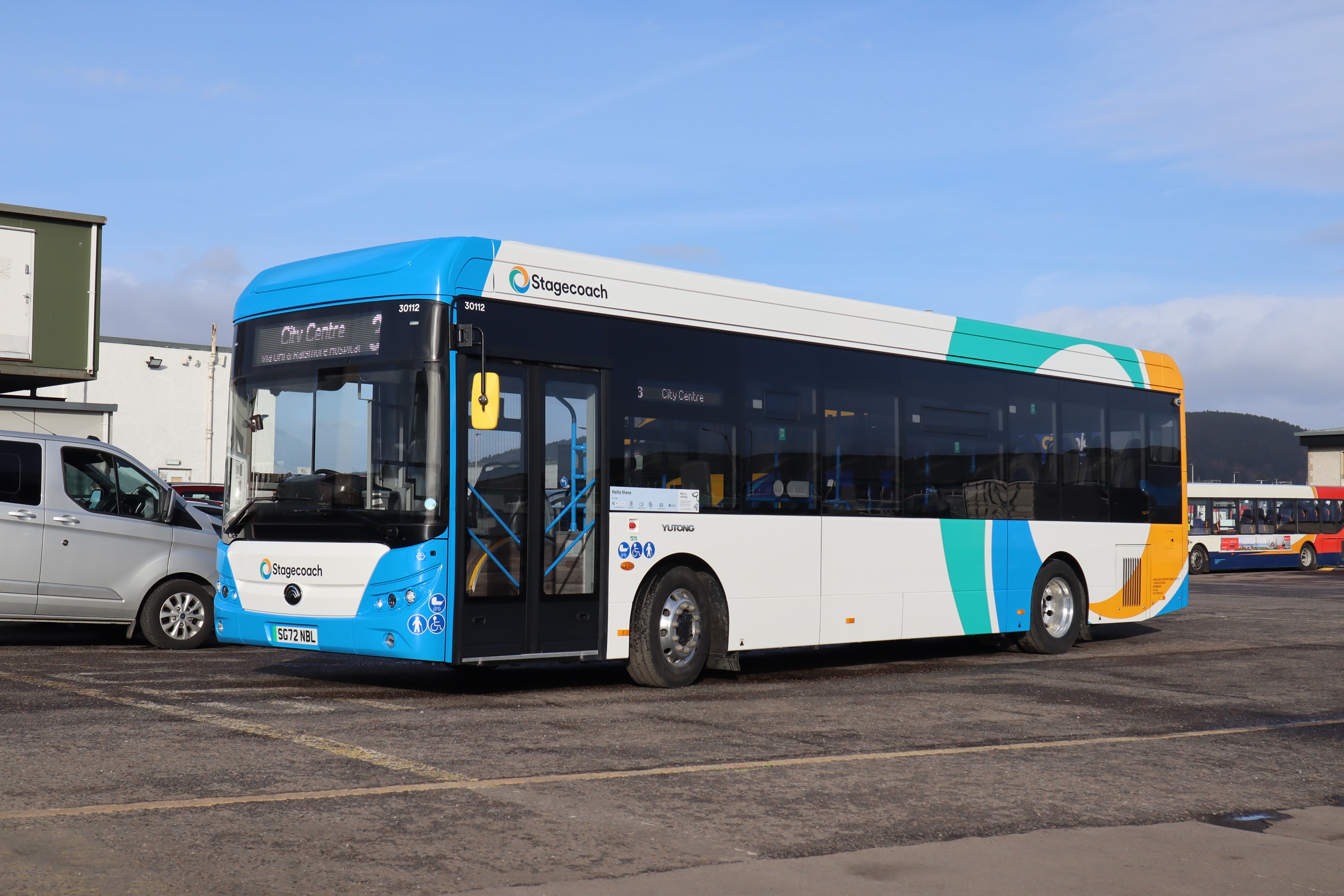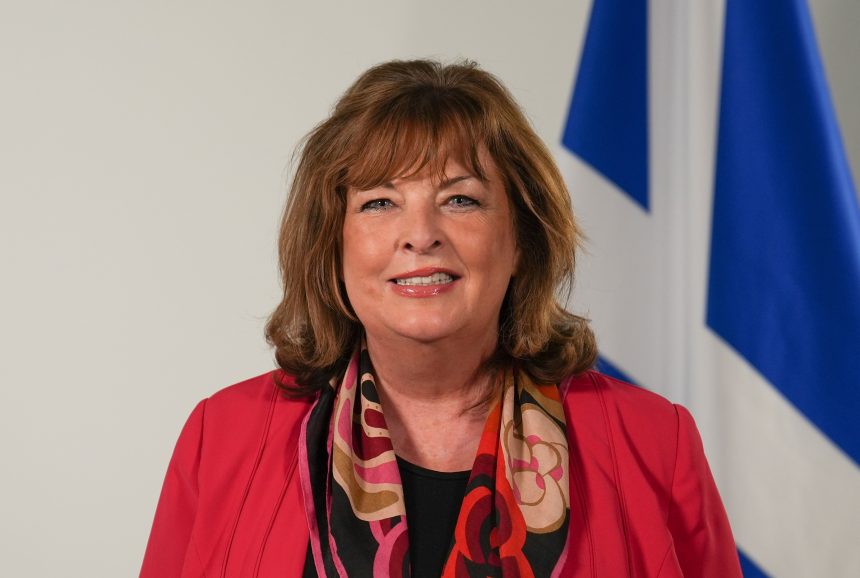We are living in a global climate emergency – where we all need to go faster and further than ever before to limit the impacts of climate change on our society. Congestion remains an issue in our cities, as does the need to improve air quality.
With budgets being stretched due to the cost crisis, affordable, available and accessible public transport is vital to people and communities.
The good news, as readers of routeone are aware, is that we already have the solutions to some of our most complex transport challenges. Buses are one of our most important tools to keeping the country moving in a way that is healthier, happier and more sustainable – and in a way which is accessible to many.
More public transport trips are undertaken by bus in Scotland than any other mode. Each full bus can remove up to 75 cars that would have been required for single-occupancy car trips. Choosing bus today and leaving the car at home is already a climate positive choice – and when that bus becomes electric, the benefits are even greater.
And so, we must never lose sight of the fact that bus can be our greatest ally in our fair and just transition to net-zero – delivering on a range of outcomes from the environmental to the economic, from social equality to improved public health.
This is why the Scottish Government did not stand idle when the impact of the COVID-19 pandemic threatened the industry.
It is why we continue to invest over £2 billion annually to support public transport, including providing almost 2.3 million people in Scotland with access to free bus travel.

Almost 150 million free journeys have been made by people under the age of 22 since our transformational policy was introduced in 2022 – helping to sustain bus services while connecting a new generation, keen to take climate action, with the many benefits of bus travel.
We have now delivered all the new powers through the Transport (Scotland) Act 2019 to enable local transport authorities (LTAs) to consider all the powers available to them, including partnership working, franchising, and local authority run services which sit alongside their ability to subsidise routes.
It is vital that LTAs have the flexibility to respond to local challenges as they see fit, and we are beginning to see them exploring those options here in Scotland.
This is not to diminish the impressive work and commitment by Scottish-based bus operators to connect communities and tackle the climate crisis. There is a real shared desire between government and industry to transition to a net-zero transport system, which I have seen first-hand through Scotland’s Bus Decarbonisation Taskforce.
Through this Taskforce, industry and government came together and generated ideas at pace around how we can stimulate innovation in bus financing and attract novel yet sustainable sources of inward investment that can rapidly accelerate what might otherwise be possible when contrasted to a typical subsidy model.
The output from this was our co-designed Scottish Zero Emission Bus Challenge Fund (ScotZEB).
I am pleased that tomorrow (Tuesday 23 July), Scotland’s First Minister John Swinney will make a significant announcement which will support more electric buses into Scotland’s fleet while providing charging infrastructure that will also service electric coaches and HGVs. This announcement will build upon the £113 million already invested by the Scottish Government in zero-emission buses and supporting infrastructure.
To the readers of routeone and all those involved in the coach and bus industry, I want to offer my sincere thanks for your commitment and dedication in keeping the country moving. Working together, we can encourage many more people to leave the car at home and choose sustainable transport that is good for both people and the planet.



























